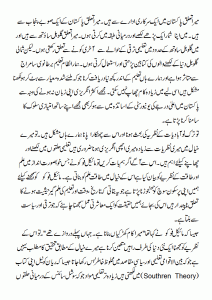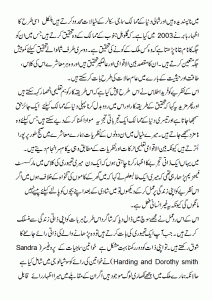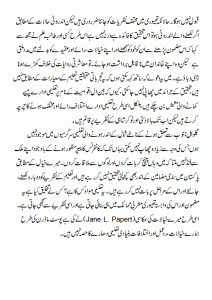by Romina Istratii
Recently, I participated in a panel that was convened at LSE dedicated to the topic of decolonising African knowledge systems. The panel members, who included also Prof Akosua Adomako Ampofo from the University of Ghana and Dr Wangui wa Goro, were invited to trace the progress made to-date in decolonising Africa’s knowledge systems and to explore how these systems may be rethought, re-framed and reconstructed to rid them of the hegemony of western Euro-centrism. I’d like to share some of the key points of my presentation with the network of Convivial Thinking to call for a more organised effort toward decentring the current epistemology.



